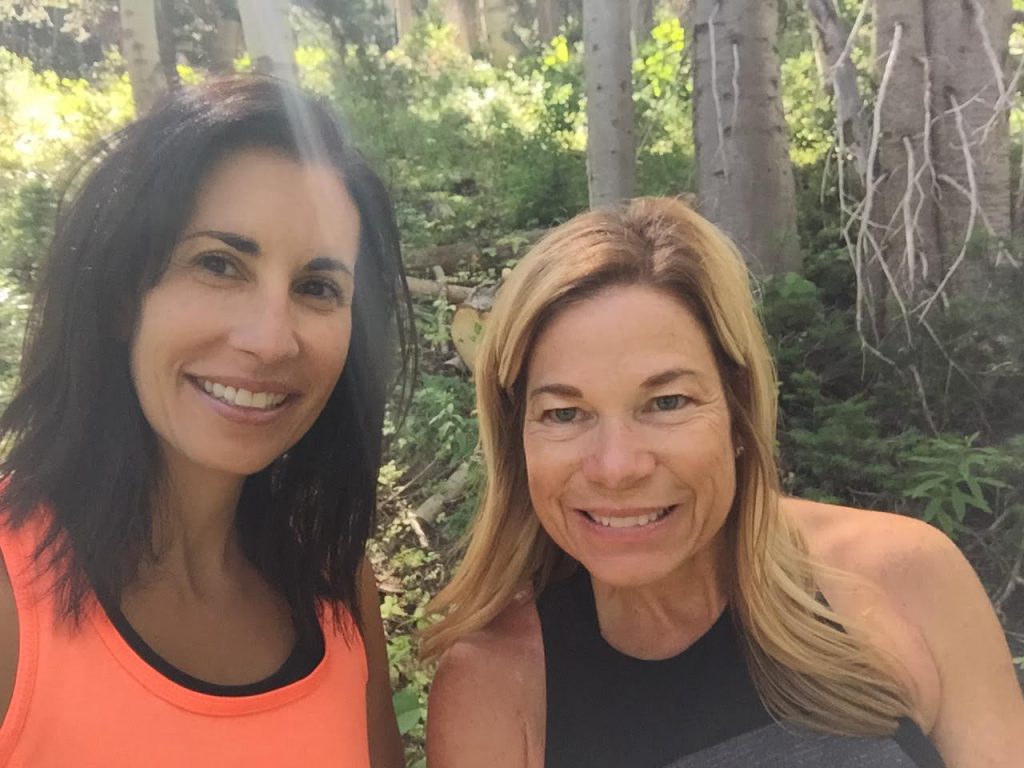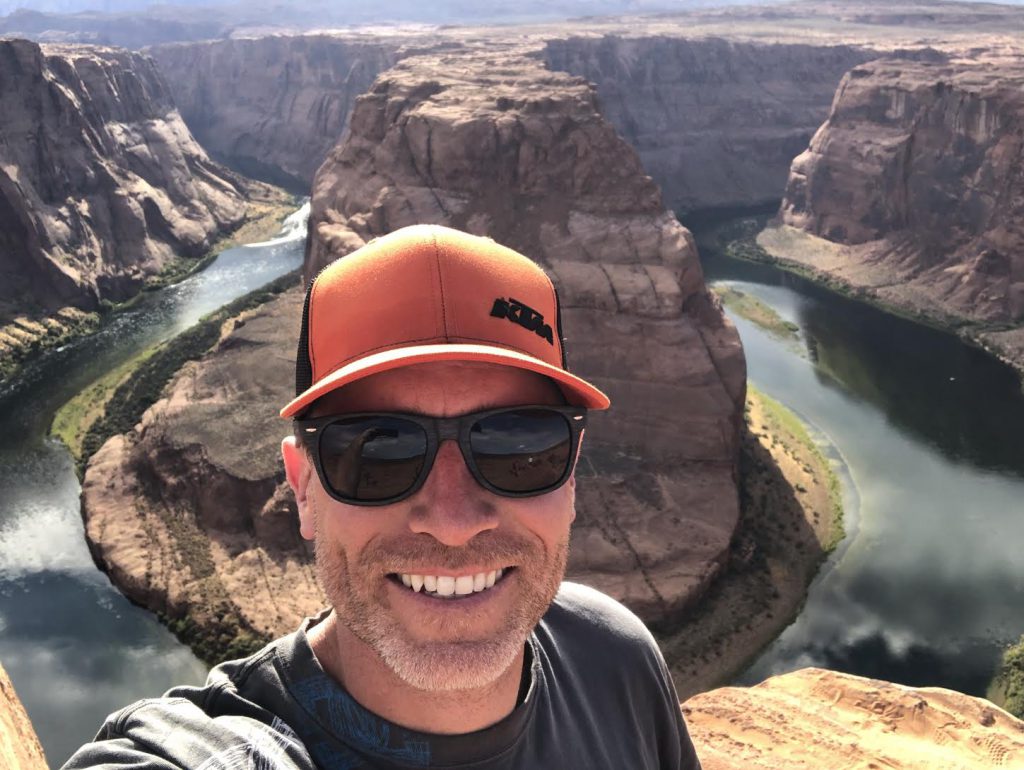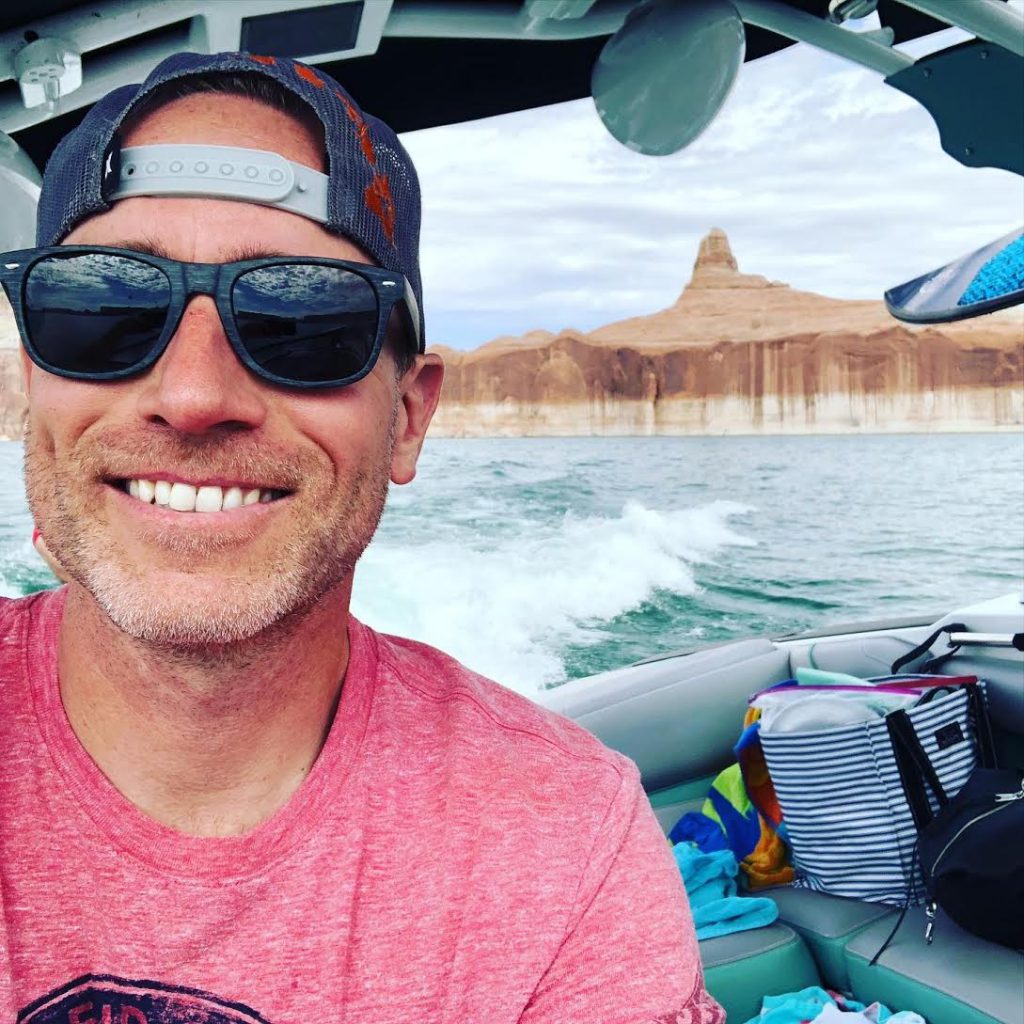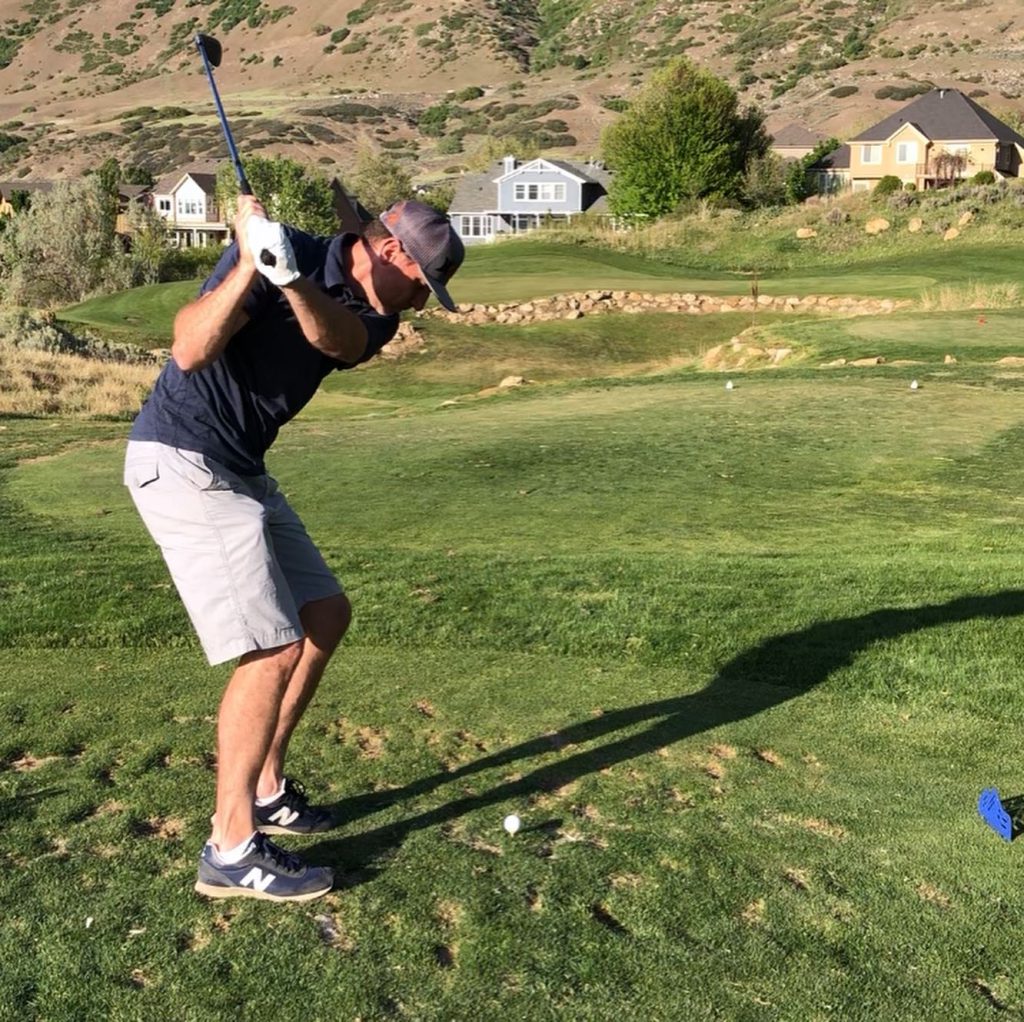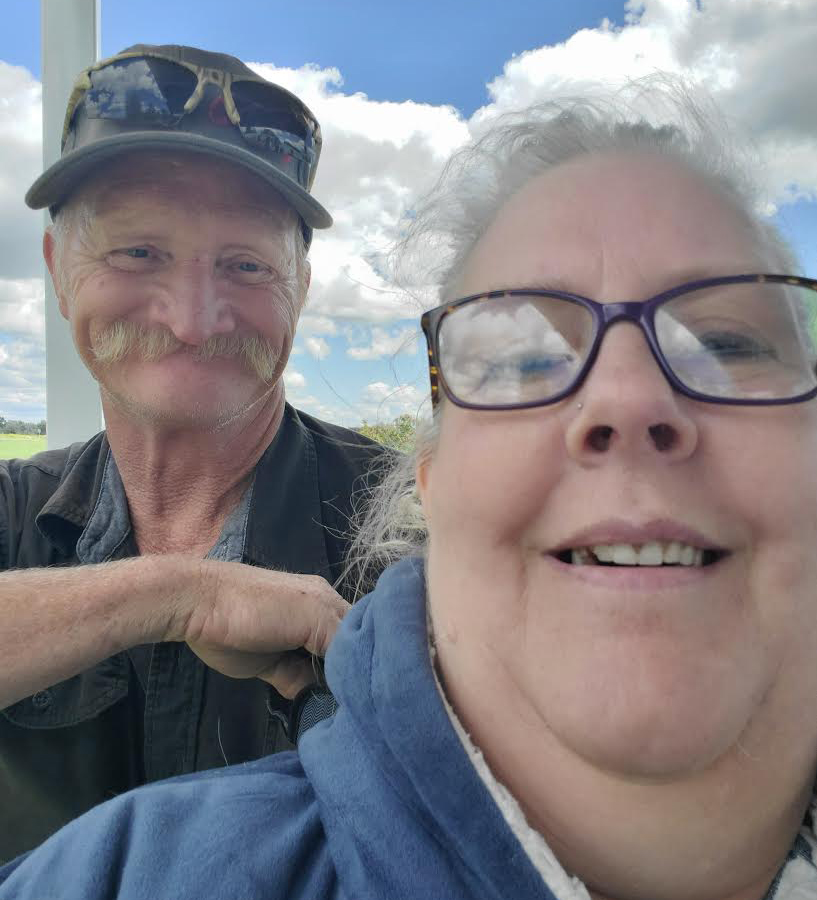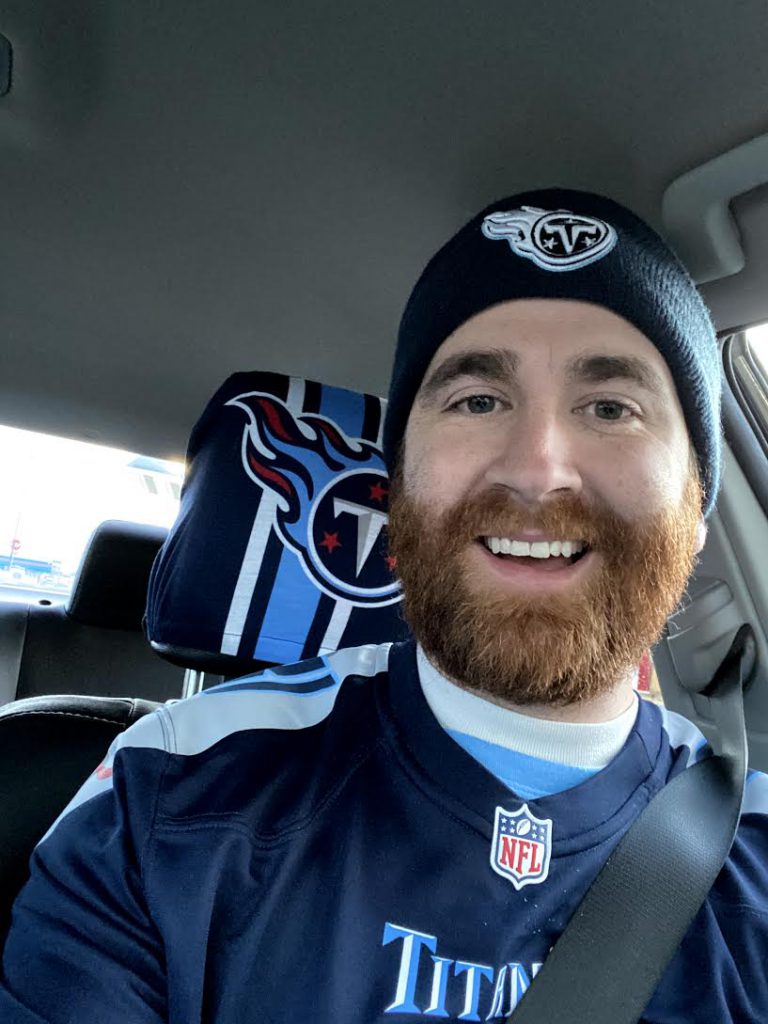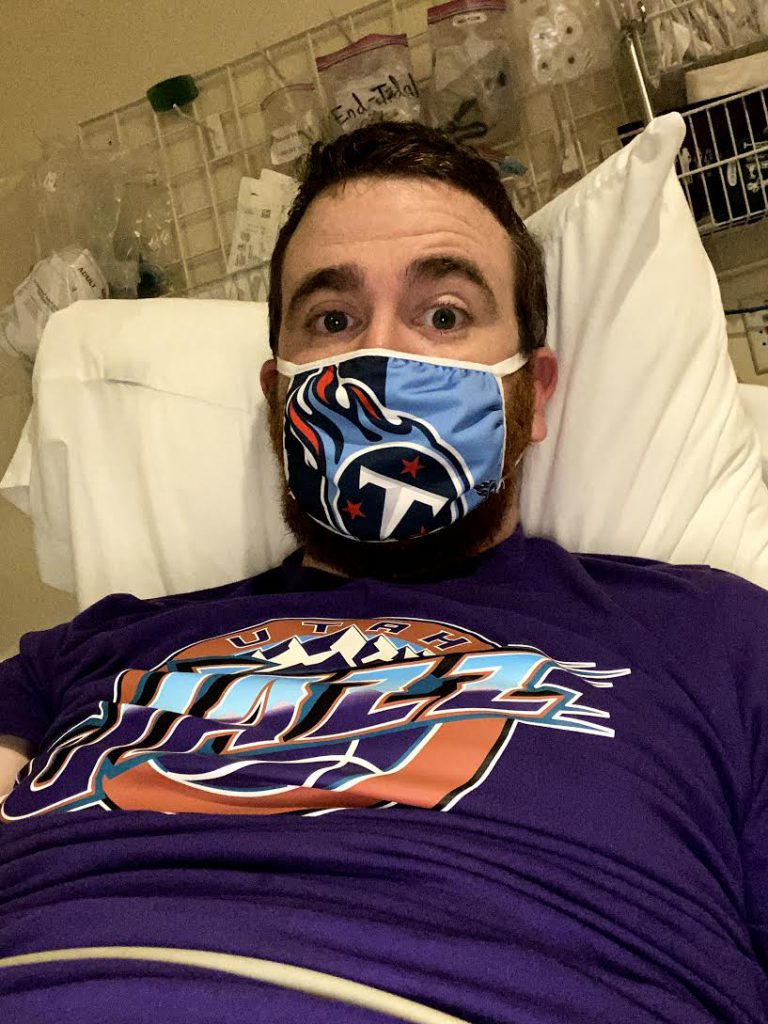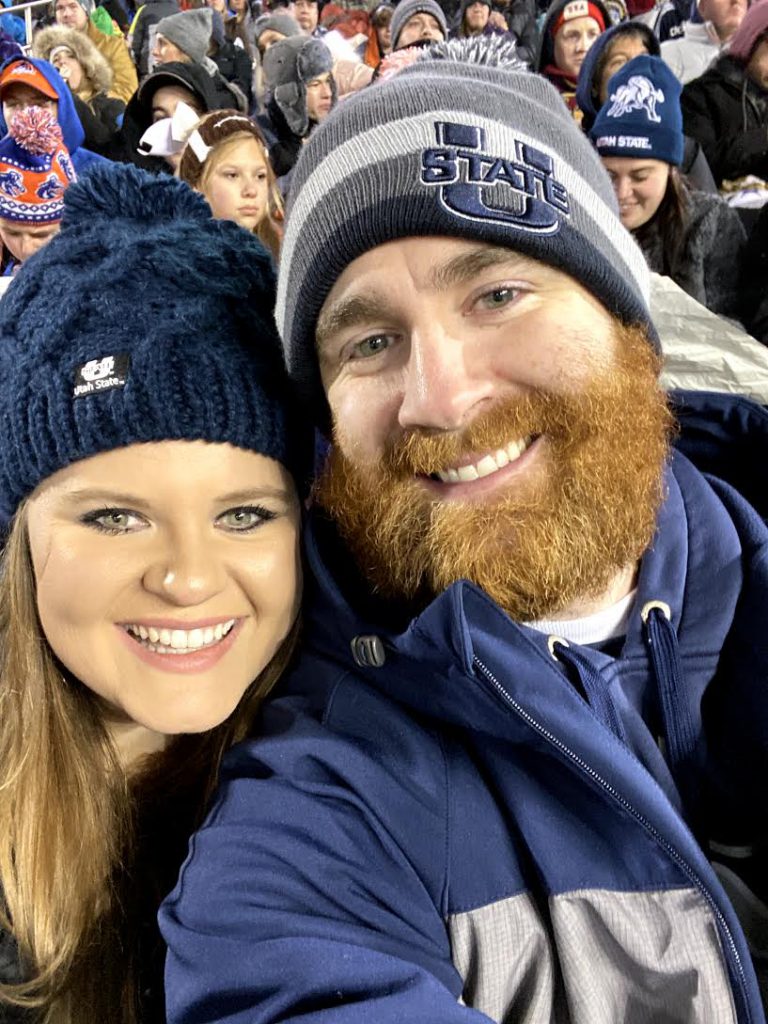What is a COVID-19 long hauler?
There is no way to know how COVID-19 will impact you. While many who have contracted COVID-19 appear to be “recovered” after one to two weeks, there are many who would say they are far from being in that category. Individuals who are referred to as “long haulers” are those who continue to suffer debilitating effects of the disease months after being infected with the virus. Some studies1 and surveys with patients show that 50-80% of people continue to have bothersome symptoms up to three months after they contracted COVID-19, even though the virus is no longer in their bodies. Many of these people lived very active lifestyles prior to getting sick; hiking, traveling, regular exercise routines, and more. Now, months after initially contracting the virus, these long haulers say they are nowhere near returning to their familiar lifestyle.
What are some of the effects that long haulers are dealing with?
Long haulers are battling symptoms for not just days or weeks, but months. Some of the effects long haulers continue to experience are: chronic fatigue, hair loss, blood clots, hearing deficits, tremors, body aches, tachycardia, heart palpitations and other cardiac issues, insomnia, cognitive issues, short term memory loss, vertigo, random adrenaline rushes, dysautonomia, anxiety, blurry vision, brain fog, and more. These side effects have a devastating impact on these individuals and their families.
How can I connect with other long haulers?
There are several social media groups that connect people all over the world to discuss symptoms, experiences, coping mechanisms, and possible treatments. They have become a support group to each other and believe there is power in numbers to bring light to the severity of COVID-19. They welcome anyone to share their story and connect with others who have had similar experiences.
Utah-specific Facebook Support Group:
Other Facebook Support Groups:
- https://www.facebook.com/groups/longcovid/?ref=share
- https://www.facebook.com/groups/CV19supportgroup/?ref=share
- https://www.facebook.com/groups/COVID19survivorcorps/?ref=share
Parents of Kids Facebook Support Group:
Hear from long haulers right here in Utah about what they wish others knew about COVID-19 and their plea to the public.
Heidi
As an avid hiker, cyclist, skier and snowboarder, Heidi has a passion for the outdoors. After testing positive for COVID-19 in March, Heidi still struggles with getting to participate in the things she loves. “It’s like I have to start over, physically.” With no ability to taste, a narrowed and scarred esophagus, and much of her energy being drained quickly and easily, she is still suffering from many COVID-19 side effects, months after contracting it. “I’m adjusting to a new normal, which while life changing, I survived. My heart aches for those families devastated by the loss of a dear loved one from this terrible illness. Their lives are forever altered and cannot be made whole. We all need to acknowledge and respect their loss.”
Levi
“COVID is something to not necessarily fear, but it should be taken seriously. Many people are having lasting effects, even after they “recover.” It’s been one of the hardest things in my life that I’ve had to overcome. For the last 8 months I’ve had strong bouts of shortness of breath, fatigue, fear, anxiety, depression, and just feeling overwhelmed over small things. My body has felt out of balance. The frustrating part of this is doctors don’t really know answers yet, so I’ve had to just live with it.”
Stacie
When Stacie arrived at a COVID testing site in early March, she was immediately put on a ventilator as her oxygen levels were dangerously low. Next thing she knew, she was put in an ambulance and on her way to the hospital. That was the last thing she remembered when she woke up a month later. “My organs shut down on me a few times, they would put me on my stomach and my kidneys, liver, heart, and lungs would all shut down. They were waking me up daily to check for brain damage and I would answer with blinks. My husband was told he might want to start thinking about funeral arrangements because I probably wasn’t going to make it home.” Her plea is to please take this virus seriously. Wear a mask. If not for yourself, do it for someone’s spouse, mother, daughter, grandparent, etc. If we all stand together and work as a team, we can beat this.
Travis
“When I first heard about COVID, I was under the assumption that it would be like the flu and that’d be it. After day 10, I was asking myself why I still feel miserable while others were recovering quickly. Something as simple as making lunch or dinner is a laborious task. I thought I felt tired pre-COVID, but this is a whole new level. Everything I eat and everything I smell reminds me of the middle of a car engine. My day-to-day functions have changed dramatically requiring more rest and less labor-intensive things. If I plan a small activity (like going to the store), I also need to plan time to rest after. COVID is not “just like the flu” or “the common cold.” It’s a novel virus. Don’t take your health for granted and think you’ll be fine. I thought I’d be fine.”
Lisa
Lisa tries to live with hope, but knows first-hand of the long term impacts that can follow someone who contracts COVID-19. Lisa, who had no pre-existing conditions, began with a mild case of the virus in March and thought she had mostly recovered after 6 weeks. By week 8 the post-viral symptoms showed up in the form of internal tremors, erratic heart rates, blood clots, hair loss, post exertional malaise, cognitive issues, insomnia, and the list goes on. Lisa created a Utah COVID-19 Long Haulers Facebook group to connect those that are experiencing similar long-term effects and bring light to this issue. She hopes to get back to frequent travels, hikes, and snorkeling excursions, but for now, is working daily on her slow, but continued 9 month recovery, advocating for long haulers, and seeking answers through current and upcoming research. Her hope is that her story will show others that ending up with the long-term effects is a real risk for anyone, even the young and healthy. These long-term effects have been life changing for her and with little to no answers, she doesn’t know if she’ll ever get her previous life back. She urges people to please do whatever it takes to not risk ending up like this.
1 https://pubmed.ncbi.nlm.nih.gov/32644129/
https://www.ncbi.nlm.nih.gov/pmc/articles/PMC7392393/


